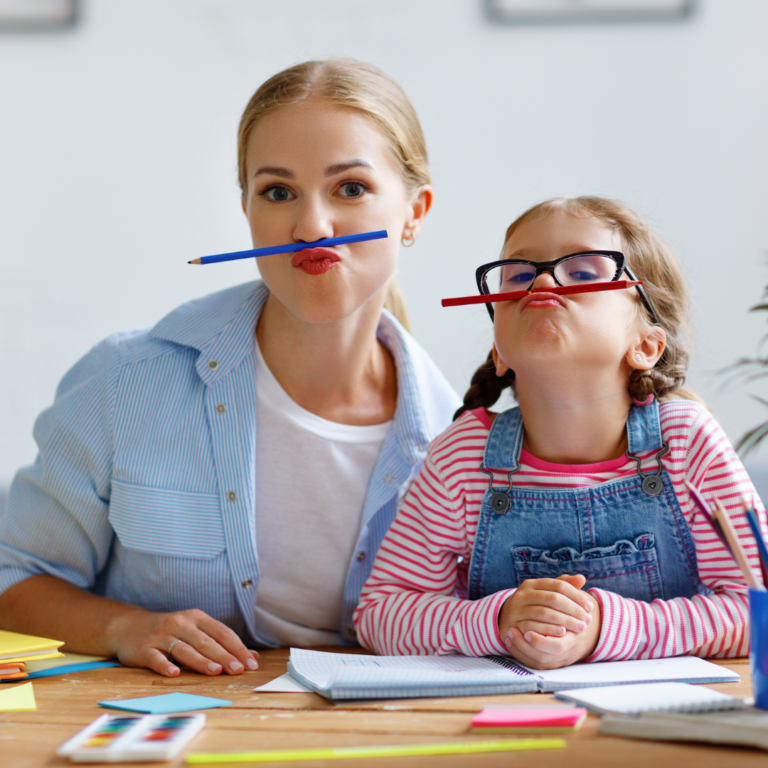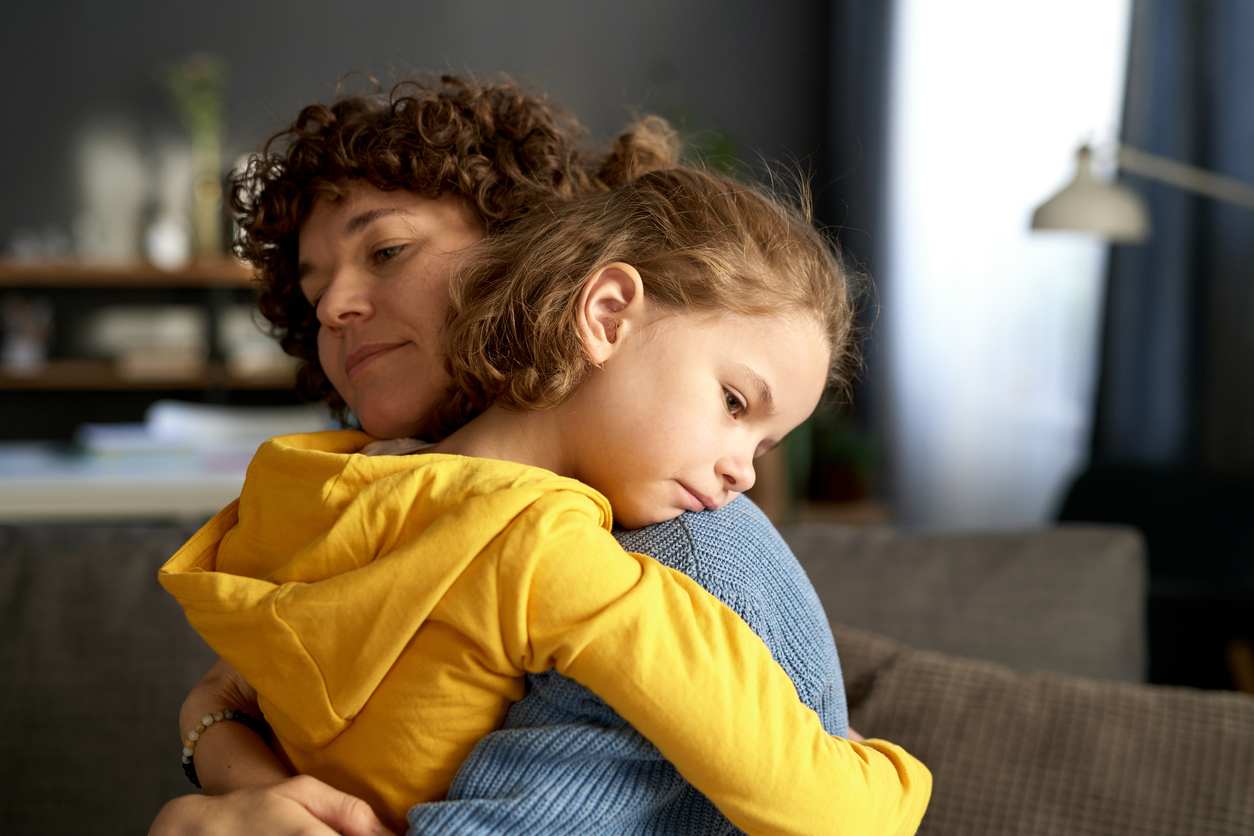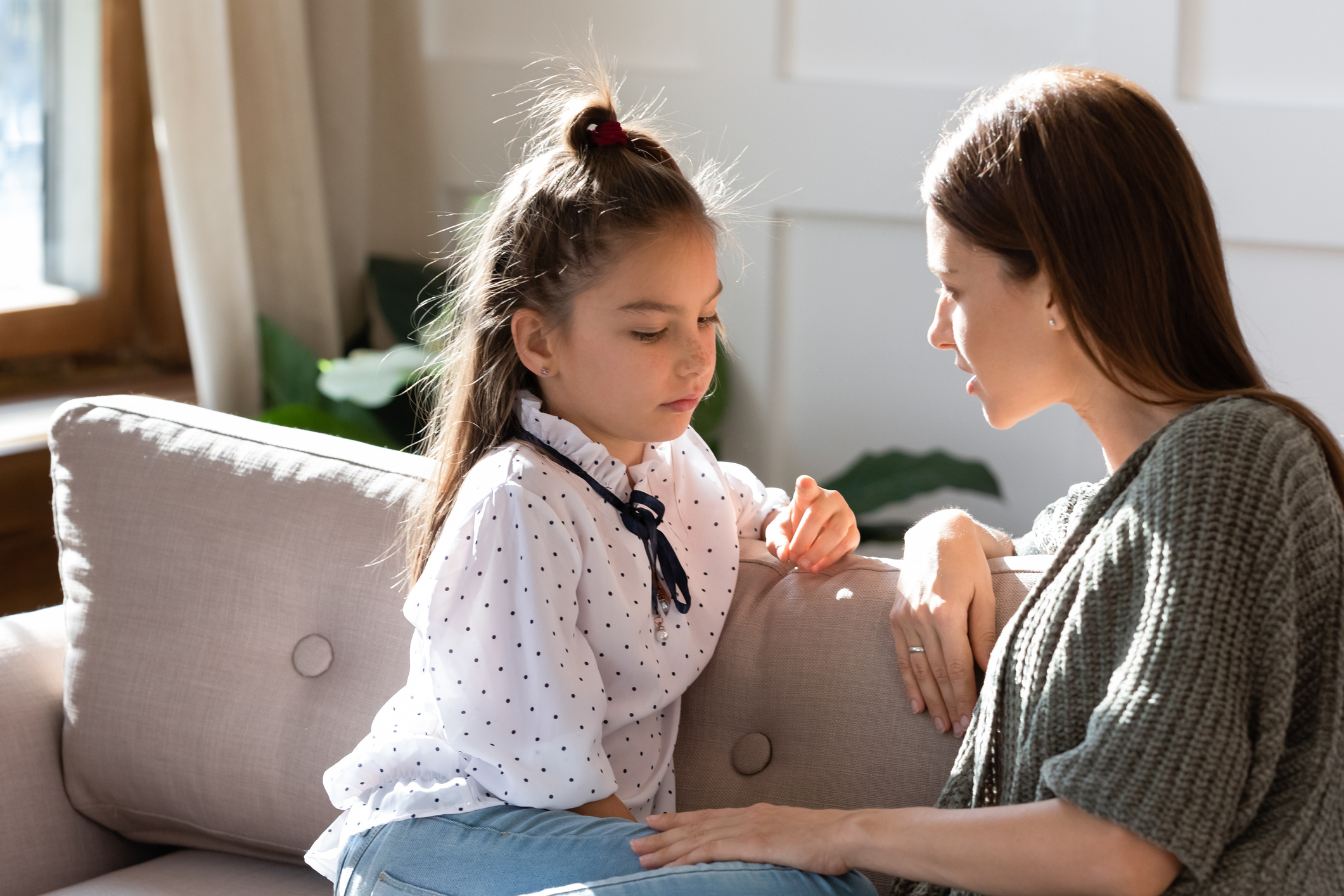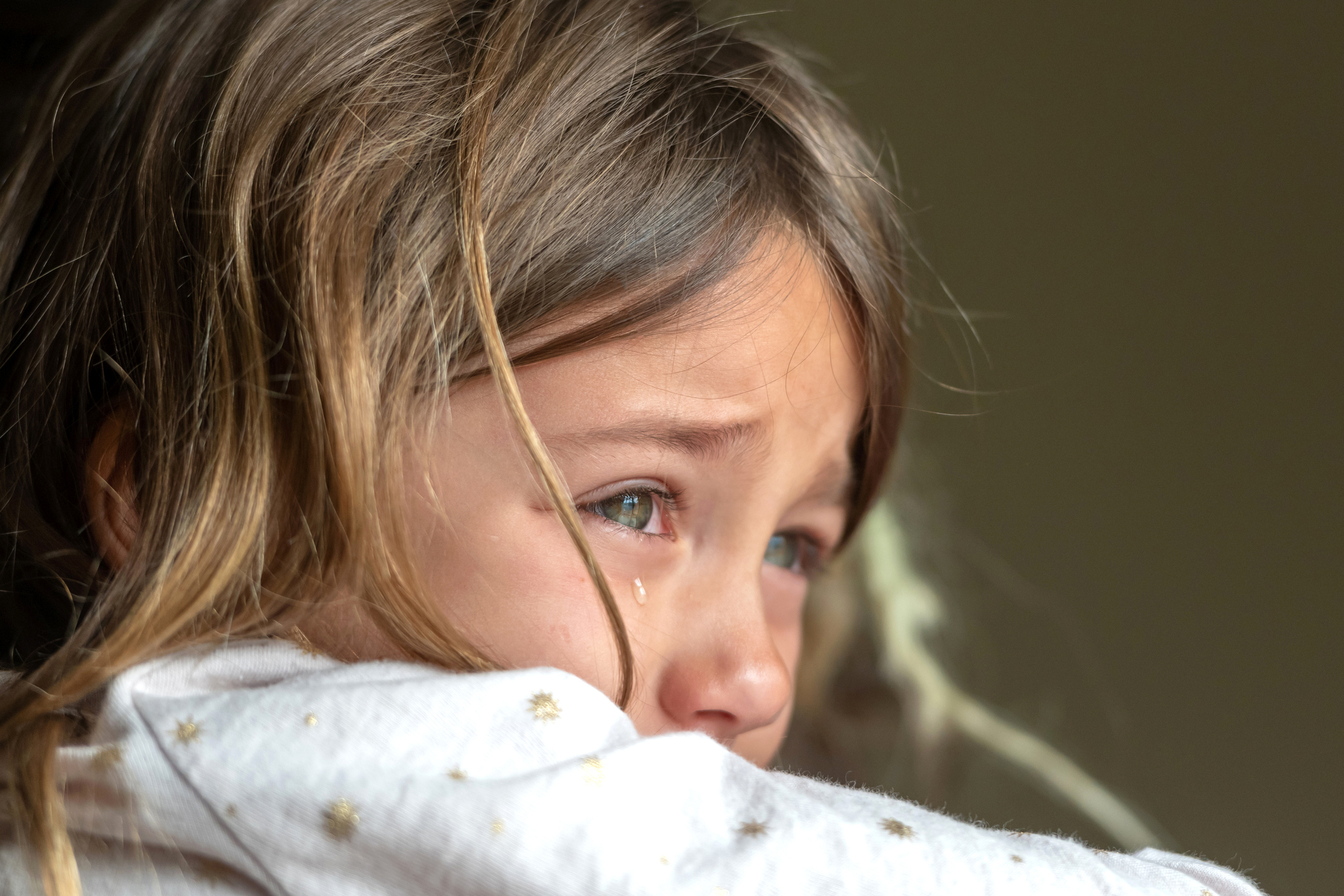Co-regulation of emotions refers to the ability of a person to manage their own emotions with the help of another person. When it comes to teaching, co-regulation is crucial as teachers need to be able to manage their own emotions and help their students regulate theirs. Here are five reasons why teachers should co-regulate emotions:
- Creates a Safe and Supportive Environment – Co-regulation in the classroom creates a safe and supportive environment for students. When they feel that their emotions are acknowledged and validated, children feel more secure in the classroom.
- Builds Stronger Teacher-Student Relationships – Co-regulation can help build stronger relationships between teachers and students, as students feel more connected to their teachers when they know that their emotions matter.
- Cultivates Emotional Intelligence – When teachers model co-regulation strategies for students, they help them develop emotional intelligence. With time, students learn how to identify and manage their emotions independently by watching their teachers practice co-regulation in real life.
- Improves Student Engagement – Co-regulation helps students remain focused on the learning experience even if they’re feeling upset. Because they rely on their teacher’s support, they can manage their feelings better, which is a critical component of being engaged in learning activities.
- Enhances Student Learning Outcomes – Students who’ve learned how to regulate emotions are more resilient and have better focus and greater problem-solving skills, which ultimately leads to better learning outcomes.
In summary, teachers who regularly practice co-regulation in the classroom benefit from building positive relationships with their students and cultivating emotionally intelligent individuals with independence and strong resilience. Additionally, through co-regulation skill-building and modelling for students, the classroom environment is made safer and more conducive to engaged and meaningful learning experiences. Teachers need to use the co-regulate strategy to help their students manage feelings of worry, anger, hurt and feeling scared. Children are not able to handle these emotions on their own and will need help from both their teachers and parent. By teaching movement and breathwork exercises, children will be able to better cope with their emotions. These exercises will need to be practised and repeated as it may take some time for kids to utilize these strategies on their own.
Key Takeaways:
- When kids are very stressed out, it isn’t realistic to think that they will be able to regulate themselves.
- When you are helping a child to regulate, it is very key to the situation that you don’t use too many words.
- When you give kids tools to regulate themselves, it is important that they use those tools to practice by themselves, or perhaps with their parents.
“Adults underestimate how much children and adolescents require adult support and guidance to manage their feelings when they are worried, angry, hurt or scared.”







